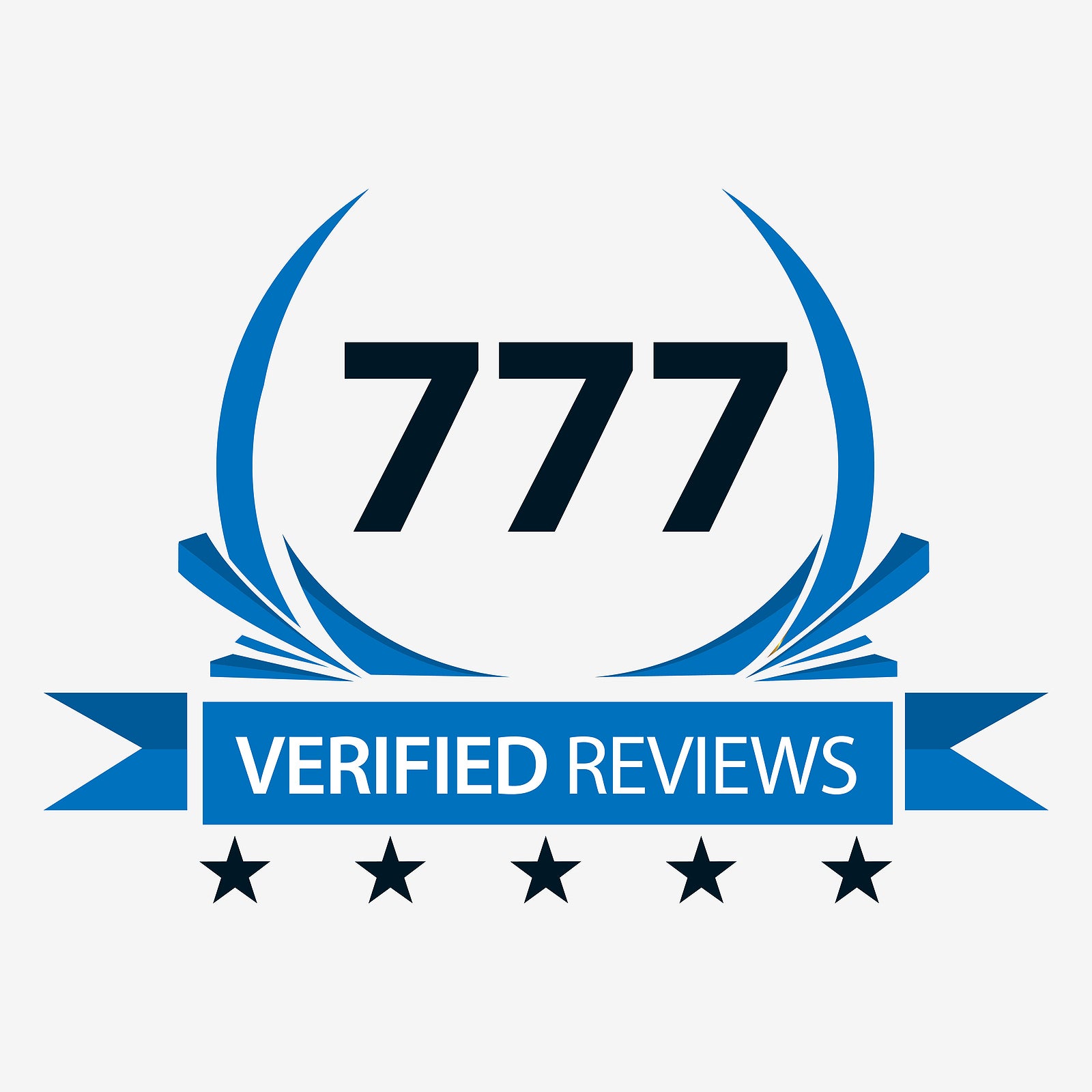
By 2027, the global market for dietary supplements will reach $231 billion. Many of these sales are made online, and 77% of online supplement sales take place on one platform: Amazon. While this platform does provide customers with convenience and a wide selection of products, the quality of Amazon supplements is a growing concern.
Supplements are meant to make people healthier, but 5,486 incidents involving vitamins or dietary supplements were reported to Poison Control in 2018. Suspected vitamin overdoses have increased by 35% over the last twenty years. According to one study, nearly 1 in 3 people taking both dietary supplements and prescription medications are at risk for an adverse drug reaction. The dangers of mixing the wrong supplement into one’s diet cannot be overstated.
What makes the selection on Amazon so dangerous? Many supplements sold on Amazon are mislabeled. Mislabeled supplements may contain far higher doses of their active ingredients than claimed, include unlisted ingredients (even pharmaceuticals), and/or lack at least one active or inactive ingredient the label claims it possesses.
58% of Amazon sales are made by 3rd party sellers, limiting Amazon’s legal liability for these products. While Amazon sellers are supposed to agree to follow all laws and regulations in the territory their products are sold, many product listings fail to follow FDA requirements. Some go so far as to lie and claim their product is “FDA approved.”
More than pure negligence, Amazon’s conscious choices contribute to the problem: Amazon listings for one company’s supplements continued to appear even after the company was sued for the Department of Justice for fraud. Amazon gives badges to supplements with fake or misleading reviews and listings that don’t include FDA-required labels. Amazon’s attempts to reign in the problem of fraud on their site are weak at best.
What can a customer do to find reliable supplements? One step is to understand the regulations; keep in mind what the FDA does and does not test for in supplements. Also check for 3rd party testing; all supplement sellers should provide a certificate of analysis (CoA) on their website.
Furthermore, watch out for resellers who don’t specialize in supplements or health products. Prioritize verified reviews over unverified, and make sure the company selling has a presence beyond Amazon. Finally, talk to a doctor before starting a new dietary supplement.
To be forewarned is to be forearmed. Don’t fall for fake supplements.
2233 Views













